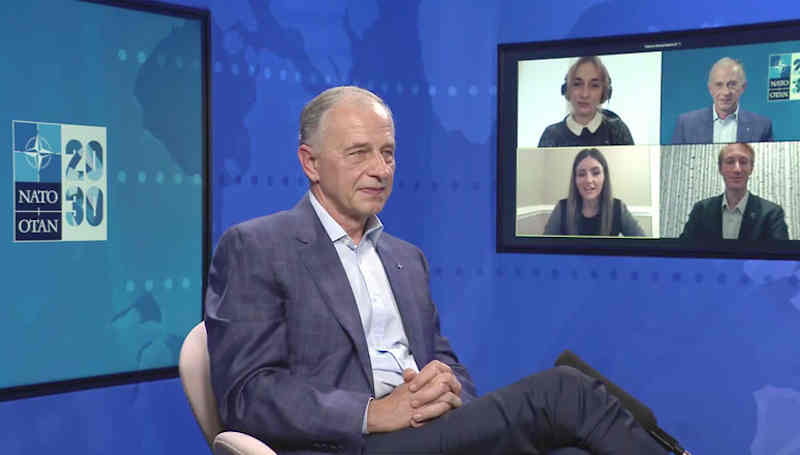
NATO Invites Tech Experts to Support and Advise Entrepreneurs
Each company will receive EUR 100,000 to help address one of the three specific challenge problems.
NATO’s Defence Innovation Accelerator for the North Atlantic (DIANA) has announced the first 44 companies selected to tackle NATO’s specific challenges on energy resilience, undersea sensing and surveillance, and secure information sharing.
DIANA also launched Thursday (30 November 2023), a call for mentors and experts to support and advise the chosen innovators and entrepreneurs.
The selected companies come from across the Alliance and include trailblazers in fields as diverse as robotics, ocean sensors, quantum technologies, and energy-generating textiles.
“I’m delighted that, today, we’re welcoming the successful applicants to our very first pilot challenges,” said Professor Deeph Chana, DIANA’s Managing Director.
The 44 companies were chosen from over 1,300 applicants after a rigorous evaluation process. To take part in DIANA’s pilot challenges call, companies had to be headquartered in a NATO member country.
Selection focused on the proposed solutions and their potential to address the specific challenges identified by the Alliance in a transformative way. The proposals had to be technologically feasible and commercially viable.
“By supporting the brightest and best start-ups and innovators across the NATO Alliance, DIANA is helping to maintain NATO’s technological edge, and make our societies and economies more resilient,” said NATO Deputy Secretary General Mircea Geoană.
He added: “New technologies are changing the character of conflict, making NATO’s cooperation with the industry essential to ensure the defence of the Alliance against ever more sophisticated threats.”
DIANA expects to issue its first grants to successful applicants in December. Each company will receive EUR 100,000 to help address one of the three specific challenge problems. The grant can be used on expenses such as salaries, rent, and equipment.
The innovators will join DIANA’s bespoke accelerator programme early next year, giving them access to a community of experts that will help them develop their technological solutions.
Courtesy: NATO